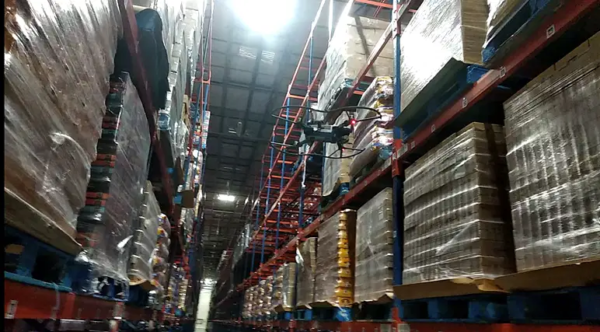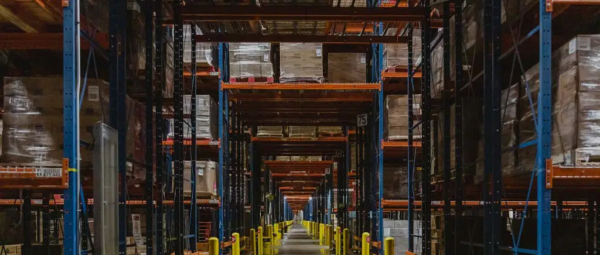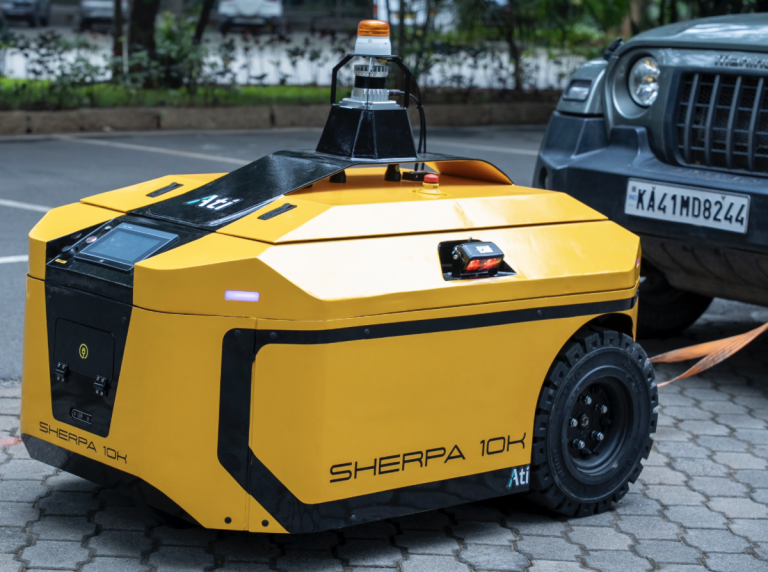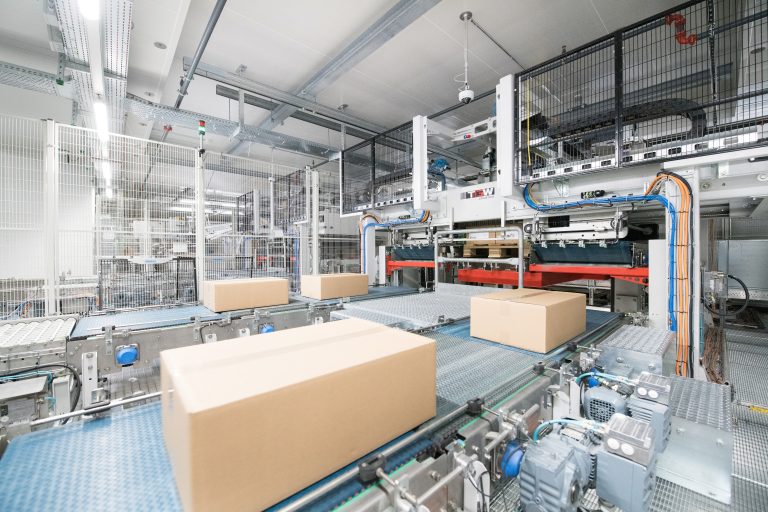The biggest impact of the ongoing pandemic, by far, has been the disruption in supply chains – from farm to fork, and from shop floors to shop fronts. This public health crisis has highlighted the need for resilient supply chains, powered by digital transformation.
Warehouses and distribution centers (DCs) are an integral part of the move towards intelligent automation. It is a trend that will accelerate, as the world responds to the normalization of consumer demand.
Romark Logistics (Romark), a pioneer in technology adoption within the third-party logistics (3PL) ecosystem, has been at the leading edge of this trend. From very narrow aisle (VNA) racking and swing reach trucks to robots and cloud-connected information systems, Romark has constantly innovated, to continuously improve its operating metrics, including the traceability, granularity, and accuracy of warehoused inventory.
Marc Lebovitz, President & Owner of Romark Logistics, highlighted this industry-wide challenge.
“As a 3PL, we are faced with higher velocity supply chains, dynamic service level agreements with our customers, and their expectations of same-day delivery,” Lebovitz said. “Frequent, accurate, and in-depth inventory data is key to our ability to manage customer inventory efficiently, minimize inaccuracies, avoid adjusting orders, and differentiate ourselves in a highly-competitive marketplace.”
 Romark pursued this innovation by evaluating drones for automated scans of pallet barcodes at its DC in Lancaster, TX. Since frequent inventory counts consumed valuable resources and equipment, yet were necessary to meet customer expectations, Romark wanted to invest in inventory drones that could aerially and autonomously scan front-facing barcodes across all the VNA racking at the Lancaster-based DC.
Romark pursued this innovation by evaluating drones for automated scans of pallet barcodes at its DC in Lancaster, TX. Since frequent inventory counts consumed valuable resources and equipment, yet were necessary to meet customer expectations, Romark wanted to invest in inventory drones that could aerially and autonomously scan front-facing barcodes across all the VNA racking at the Lancaster-based DC.
Romark established key principles for replacing manual counts. For example, a drone-based inventory solution must first ensure the safety and security of Romark’s warehouse workers. Moreover, it must be extremely user-friendly, cost-effective, and autonomous, requiring no human intervention.
In 2019, Romark engaged FlytBase, an enterprise drone software company whose mission is to help businesses automate and scale drone operations. FlytBase’s aerial inventory scanning solution, FlytWare, was deployed in six-feet wide VNAs. End-to-end automation was the key to success; this required not only autonomous navigation within and across the aisles, but also precision landing, autonomous charging, and 100% accurate barcode scans and localization.
Continuous interactions with the warehouse operations, inventory, IT and innovation teams at Romark unveiled adjacent use cases, such as empty bin audits, put-away audits, aerial scans of bulk storage, and even outdoor applications, such as identifying containers and trailers in the yard.
Nitin Gupta, CEO of FlytBase said the deployment at Romark’s warehouse helped refine the FlytWare production roadmap, to ensure that this solution can be reliably deployed on weekends, nights, and in-between shifts.
“The thought leadership and resourcefulness of the management team at Lancaster DC were instrumental to the success of this engagement,” Gupta said. “We expect to create sustainable business value for Romark and their customers, not only from savings in time, effort, and costs but also by conducting frequent inventory counts without impacting the core warehousing operations.”
The availability of live video feeds and location-wise images, coupled with seamless WMS integration, make FlytWare a highly compelling alternative to manual inventory counts, he added. The solution is now being readied for production deployment at Romark’s Lancaster DC in the coming months, with the intent to scale to all relevant sites.
A detailed case study has been published to showcase inventory drone adoption at Romark’s Lancaster facility. It can be viewed at https://flytware.com/romark-logistics-case-study/.











